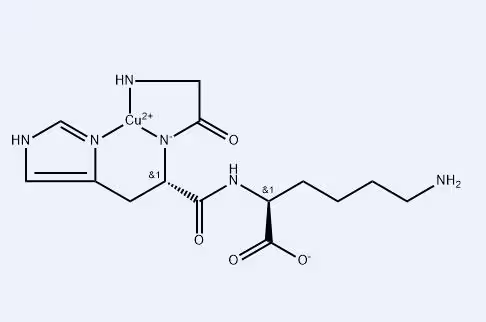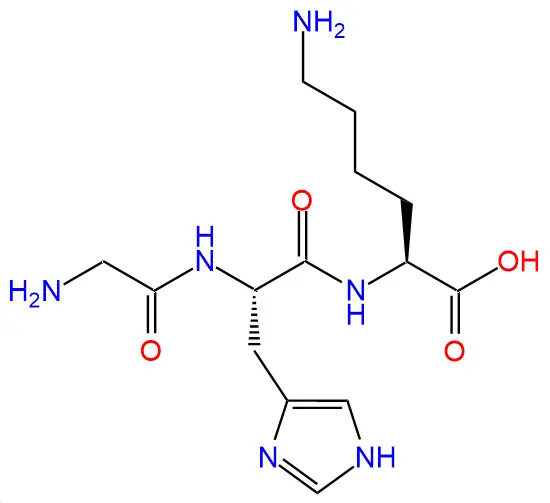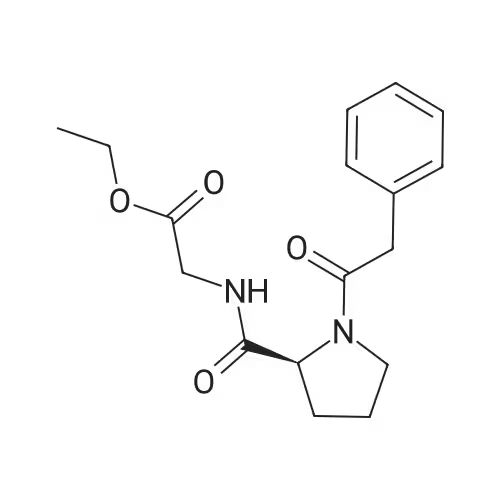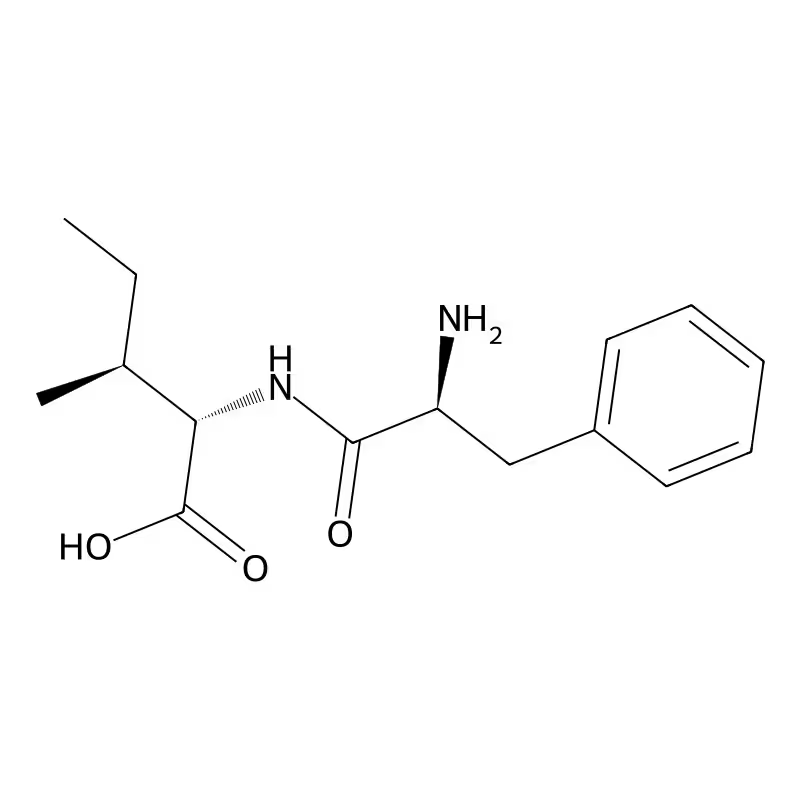Arginine Alpha-Ketoglutarate, also known as Arginine AKG or AAKG, is a supplemental form of arginine, a conditionally essential amino acid that naturally comes from food or gets synthesized in the body. Most of the benefits of AAKG are related to arginine, which is about 2/3 of AAKG by weight. As a supplement, most people use arginine and AAKG for burning fat and improving exercise performance. Unfortunately, arginine supplements are ineffective for these uses unless a person has impaired glucose tolerance (such as during diabetes). This article is about the main benefits of AAKG, its potential side effects, the best time to take it, and more.
AAKG
What is AAKG?
What does AAKG do for the body?
AAKG is a mixture of L-arginine and alpha-ketoglutarate (AKG). While alpha-ketoglutaric acid has some benefits on its own, the main component of AAKG is arginine, a conditionally essential amino acid.
Conditionally essential means it can be necessary for survival in some disease states. Even when you do not need to consume it to survive, this amino acid still plays a significant role in human health.
The body makes nitric oxide from arginine, which can widen blood vessels and improve blood flow. However, oral supplementation is ineffective in this regard.
Along with L-ornithine and L-citrulline, arginine is an intermediate in the urea cycle, a cycle of biochemical reactions that produces urea from ammonia. Arginine can also produce both ornithine and citrulline and citrulline can produce arginine.
Arginine also makes agmatine, a signaling molecule that shows promise for alleviating pain, reducing compulsiveness, protecting against strokes, and benefitting cognitive health.
Arginine interacts with lysine in many ways and they should be kept in balance unless you have a strong reason to off-balance them (such as herpes simplex). Taking too much of one can override the functions of the other. For example, high doses of lysine could hinder the ability of arginine to produce nitric oxide.
Arginine vs. L-citrulline
In the body, arginine can be converted into citrulline and vice versa. Consuming enough of either of them should prevent a deficiency in the other.
Counter-intuitively, supplemental L-citrulline raises arginine levels in the body more than supplemental L-arginine.
Supplemental L-citrulline also has unique benefits that do not seem to apply to supplemental L-arginine or AAKG, such as reducing fatigue and muscle soreness. Citrulline is much more bioavailable and overall a better supplement to take for most people.
Possible benefits
All of the potential benefits mentioned below are dose-dependent. Generally, the higher the dose, the more pronounced the effects are. However, they do reach a plateau at a certain point. We will discuss the best dosing protocol later in this article.
Major benefits
Improved insulin sensitivity – An increase in insulin sensitivity has been noted in persons
with impaired glucose tolerance using AAKG for long periods.
Reduced anxiety – This benefit only applies if you combine AAKG with L-lysine. The combination is very effective at reducing state and trait anxiety. It may also reduce generalized anxiety disorder (GAD) but science is not yet clear on that. For best results, take 2.5 grams of each amino acid daily spread into 2 or more doses.
Reduced erectile dysfunction – 2.5-5 grams of arginine from AAKG by mouth daily seems to improve sexual function in people with ED.
Minor benefits
Increased blood flow – AAKG can increase blood flow by increasing nitric oxide production but it is unreliable in this regard end the effect is rather small.
Reduced blood pressure – This benefit is minor and unreliable. AAKG can positively affect blood pressure in diabetics but is unlikely to affect a healthy person.
Fat loss – This benefit only applies to people with impaired glucose tolerance. AAKG doesn’t help healthy individuals burn fat.
Antioxidant properties – Reduced oxidation has been observed in people with impaired glucose tolerance and is associated with an increase in superoxide dismutase activity.
Reduced symptoms of angina – The supplement seems to reduce chest pain and improve exercise tolerance and quality of life in people with angina. However, it doesn’t seem to help widen blood vessels that are narrowed in angina.
Possible side effects
These side effects are dose-dependent. The risk for them increases (often linearly but sometimes exponentially) as you increase the dose. Some of the side effects only apply to very high doses.
Nausea
Diarrhea – This effect usually happens when a person takes 10+ grams at once.
Faster growth of herpes simplex – Arginine from AAKG is considered a nutrient for HSV and promotes its replication while lysine prevents replication. If you suffer from herpes, supplementing with 2 or more grams of L-lysine can help. Lysine supplements can override and block the absorption of arginine.
Amino acid imbalance – Essential and non-essential amino acids should be kept in balance as they act synergistically in many ways. Too much of one amino acid can sometimes cause side effects if there isn’t enough of another amino acid. For example, this principle applies to glycine and methionine, lysine and arginine, and the BCAA trio. There are many other proven and unproven examples. Food or a protein powder is usually a better choice for getting enough amino acids unless you have a specific goal in mind targeted by a particular amino acid/s.
Lysine deficiency – Arginine from AAKG interacts with lysine in many ways and they should be kept in balance unless you have a strong reason to off-balance them (such as herpes simplex). Taking too much of one can override the functions of the other. For example, high doses of lysine could hinder the ability of arginine and AAKG to produce nitric oxide.
Toxicity – While acute toxicity is extremely rare, taking high amounts of AAKG could lead to chronic toxicity and cause some health problems. To prevent chronic toxicity, it is best to stay below 10 grams a day unless you have a great reason to take more.
Contamination – Contaminated supplements are uncommon in the USA and other well-regulated countries. However, if you wish to buy products from China, India, or other countries without strict regulations, beware that the supplements may be contaminated. Either way, you need to choose the brand you order from wisely. It is highly recommended to check the certificates or read through some reviews for the specific product before you buy it. The FDA (Food and Drug Administration) has the power to regulate dietary supplements but can only do so after they have been on the market for a while. That’s because supplement companies are not obligated to announce to the FDA when releasing a new product on the market. The FDA has to discover the product and test it for potential impurities, which can take a lot of time. During that time, the supplement can be sold on the market even if it’s impure. Also, supplement companies can change their manufacturers without announcing it to the FDA.
Who should not take AAKG?
You should probably avoid taking the supplement if you:
are willing to take citrulline instead (it is much more beneficial and reliable for most people)
suffer from herpes simplex
are deficient in lysine
get enough arginine from food
are a healthy, insulin-sensitive individual (in which case, most potential benefits of AAKG do not apply to you)
take high doses of ornithine
experience a severe adverse reaction after taking the amino acid
are on a tight supplement budget (since there are more cost-effective supplements on the market for most people)
Who will benefit the most?
You should consider taking the supplement if you:
consume very little protein (less than 0.3 grams/pound of body weight)
take high doses of L-lysine (AAKG can prevent or offset some of the side effects associated with L-lysine supplementation)
have impaired glucose tolerance (such as during diabetes)
suffer from renal failure (people with renal failure may become subclinically deficient, otherwise, a deficiency is rare
How much AAKG should you take?
The main active compound in AAKG is arginine. about 2/3 of AAKG by weight is arginine so the best dose to take is about 1.5x the dose of arginine.
Since this amino acid can be found in food or synthesized in the body, you may already get sufficient amounts without taking it as a supplement. about 0.36 grams of protein/pound of body weight should generally be enough to prevent any symptom deficiency.
If you plan to take AAKG as a supplement, 3-9 grams appears to be the best daily target for most people. This amount should provide most of the benefits without meaningful side effects.
Some people may benefit from doses higher than 6 grams. These include diabetics and people with renal failure.
If you take this amino acid to reduce anxiety, pair 2.5 grams of L-arginine with 2.5 grams of L-lysine.
The upper safety limit for arginine is not well-established. To stay on the safe side, don’t take more than 10 grams daily unless you have a great reason to do so. Higher amounts may cause problems if you take the supplement for a prolonged period.
If you take a dose higher than 6 grams, always pair AAKG or L-arginine with a similar amount of L-lysine.
Food sources of arginine
L-arginine is found in all whole foods that contain dietary protein.
The amount of L-arginine per gram of protein varies from food to food but a general rule of thumb is that the more protein you eat, the more arginine you are getting from food.
about 0.36 grams of protein per pound of body weight should be enough for most people to avoid any sign of deficiency.
Since the body can produce arginine from citrulline (and vice versa), you can also get enough arginine by consuming citrulline-rich foods.
The richest food source of citrulline is watermelon (2.1 mg/gram of wet weight). For raising L-arginine levels in the body, 330 grams of watermelon is equivalent to 1 gram of supplemental L-arginine.
Muskmelons, bitter melons, squashes, gourds, cucumbers, and pumpkins also contain high amounts of citrulline.
The easiest way to find out exactly how much protein and specific amino acids you are getting from food is with Cronometer.com. This app is free and allows you to track all vitamins, minerals, and more.
Best time to take AAKG
Like most other amino acids, arginine from AAKG is water-soluble, so you don’t have to take it with food to absorb it well. To maximize absorption, take the supplement at least an hour before or after a meal so it doesn’t compete for absorption with other amino acids.
To maximize the benefits, take AAKG right before a workout.
Whether you take the supplement in the morning or the evening doesn’t matter much. It should not interrupt your sleep in any way.
If you practice time-restricted eating, take this amino acid during your eating window to guarantee it won’t break your fast.
Unless it feels too impractical, spread the daily dose into 2+ smaller doses throughout the day. AAKG has a short half-life of 1-2 hours and leaves your system fast. L-Citrulline supplementation is more effective at maintaining elevated arginine levels for long periods.
Interactions
L-lysine
This combination is highly effective for reducing many types of anxiety, state and trait anxiety in particular. Combining these two amino acids may and may not be effective for generalized anxiety disorder (GAD). To maximize this benefit, it is best to take AAKG or L-arginine and L-lysine together and take 2.5 grams of each daily. Beware that taking these two together may negate the benefits of L-lysine related to the treatment of herpes simplex.
Other amino acids
Essential and non-essential amino acids should be kept in balance as they act synergistically in many ways. Too much of one amino acid can sometimes cause side effects if there isn’t enough of another amino acid. For example, this principle applies to glycine and methionine, lysine and arginine, and the BCAA trio. There are many other proven and unproven examples. Food or a protein powder is usually a better choice for getting enough amino acids unless you have a specific goal in mind targeted by a particular amino acid/s.
Certificates
2.SGS/CIQ/CQC certification for stringent quality control
3.Accredited with HALAL, KOSHER, HACCP, BRC FOOD, GMP certifications
4.ISO 22000:2005 certified, ensuring extensive food safety management systems

FAQ
As a leading AAKG manufacturer and supplier from China, our products stand out for their high quality and composition.
2. Can you supply bulk quantities for businesses?
Yes, we are a B2B supplier of AAKG, specializing in bulk AAKG powder and isolate. As a premium AAKG isolate supplier and wholesaler, we can meet large-scale demands efficiently.
3. Are your products suitable for vegans and those with allergies?
Absolutely. Our AAKG, free from major allergens. This makes it an ideal choice for vegans and those with dietary restrictions.
4. How do you ensure the quality of your AAKG products?
We adhere to strict ISO22000 & quality control standards. Being a high-quality AAKG manufacturer, we ensure that every batch of AAKG, whether isolate, peptide, meets the highest quality standards.
5. Do you offer AAKG for international clients?
Yes, as a AAKG exporter from China, we provide AAKG products globally, including AAKG peptide and isolate. Our efficient distribution network ensures timely delivery worldwide.
6. Are your products cost-effective for wholesale purchase?
Certainly. We pride ourselves on being an affordable AAKG manufacturer, offering the best AAKG prices for wholesale and bulk purchases.
7. Can I get a customized AAKG formulation?
Yes, our R&D team can work with you to create a custom formulation, making us a natural AAKG peptide supplier that caters to specific client needs.
8. What is the advantage of choosing your AAKG isolate?
Our pure AAKG isolate is of premium quality, ensuring content and excellent solubility, making it a preferred choice for various applications.
9. How do you support business customers in the AAKG market?
We offer comprehensive support, including 24/7 customer service, and are a reliable AAKG raw material producer. Our expertise as a AAKG peptide exporter also benefits businesses looking for high-grade products.




